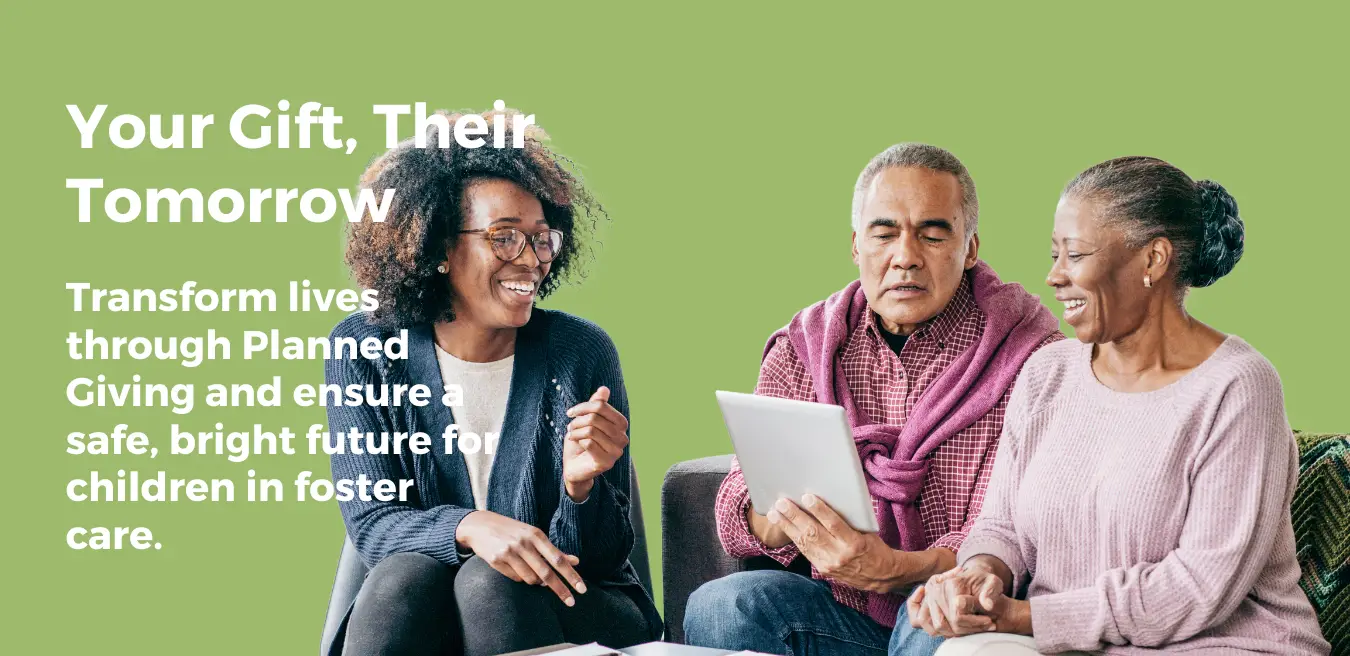Introduction
In today's society, the crossway of juvenile justice and children's charities stays a vital location that needs our attention. With countless kids facing challenges in the juvenile justice system, numerous charitable organizations play an important function in bridging the space between these young people and their capacity for a better future. This short article explores the intricacies surrounding juvenile justice, highlights the very best kids's charities addressing these problems, and checks out volunteer opportunities that can make a significant difference.
Juvenile Justice and Kid's Charities: Bridging the Gap
Juvenile justice refers to the legal framework dealing with minors who are implicated of committing crimes or engaging in delinquent habits. Sadly, many children caught up in this system originated from disadvantaged backgrounds, lack access to mental health resources, or simply require guidance to reroute their lives. Kid's charities make every effort to offer assistance to these at-risk youth through numerous programs that use mentorship, education, rehab, and neighborhood engagement. By comprehending how these companies operate and what they use, we can much better appreciate their function in bridging the gap in between struggling youth and confident futures.
Understanding Juvenile Justice
What is Juvenile Justice?
Juvenile justice incorporates laws and procedures established to deal with youth wrongdoers in a different way from adult bad guys. The underlying approach is rooted in rehabilitation rather than punishment. The objective is to guide these young individuals far from further criminal habits while addressing their specific requirements-- educationally, mentally, and socially.
The Importance of Rehabilitation
Rehabilitation is critical within juvenile justice systems. Rather of simply incarcerating minors for their misdeeds, programs are developed to help them develop important life abilities. When young people get proper assistance-- such as counseling or tutoring-- they are more likely to reintegrate into society successfully.
The Function of Children's Charities
What Are Children's Charities?
Children's charities are nonprofit organizations committed to improving the lives of children through numerous ways-- education, health care, psychological support, and advocating for kids's rights. These companies frequently work together with juvenile justice systems to guarantee that impacted youths get essential services.
Best Kid's Charities Attending to Juvenile Justice
Several impressive kids's charities specifically focus on juveniles involved in the legal system. Here are some leading contenders:
Big Brothers Big Sisters - A mentoring program that pairs adult volunteers with at-risk youth. Boys & Girls Clubs of America - Provides after-school programs highlighting scholastic success. YouthBuild - Supplies education and job training for low-income youth. The Trevor Project - Focuses on psychological health assistance for LGBTQ+ youth. Court Appointed Unique Supporters (CASA) - Trains volunteers to advocate for children in foster care or associated with judicial proceedings.Volunteer Opportunities: Making a Difference
Why Volunteer?
Volunteering offers an incredible way for people to get in touch with their neighborhoods while making a positive impact on young lives dealing with difficulty within the juvenile justice system. Whether you have an interest in tutoring or offering mentorship, there are various volunteer opportunities available.
Finding Volunteer Jobs Near Me
If you're searching for methods to engage with children's charities in your area, think about these choices:
- Local Community Centers: Frequently host programs needing volunteers. High Schools: Many offer tutoring programs where you can help students stand out academically. Online Platforms: Websites like VolunteerMatch or Idealist can help find offering tasks customized to your interests.
Volunteer Opportunities Pleasant Hill
Pleasant Hill homeowners thinking about contributing their time ought to look into local companies focusing on youth advocacy and rehabilitation programs:
- Participating in community events arranged by local charities. Engaging with schools using after-school tutoring sessions. Joining mentorship initiatives aimed at directing at-risk youth.
Mental Health Assistance within Juvenile Justice
The Need for Mental Health Resources
Many juveniles experience mental health obstacles originating from trauma or socioeconomic disadvantages. Addressing psychological health needs is crucial; disregarding them perpetuates cycles of poor behavior and recidivism amongst youth offenders.
How Children's Charities Address Psychological Health
Numerous children's charities include mental health services into their programs:

Tutoring: An Important Tool for Rehabilitation
Why Tutoring Matters
Educational support plays a pivotal function in helping juveniles be successful post-incarceration or during probationary durations-- tutoring provides structure while boosting academic skills.
How You Can Get Involved
If you're considering volunteering as a tutor:
- Reach out to regional schools or libraries providing after-school homework help. Join companies like Reading Partners which focus specifically on literacy improvement.
Success Stories: Transformative Journeys
Real-Life Impact of Charitable Work
Hearing success stories can act as motivation for those looking to contribute actively:
Case Research study: Mark's Journey from Delinquency to Leadership
Mark was once entangled in juvenile offenses but found solace through Big Brothers Big Sis-- a coach directed him towards instructional opportunities leading him https://pastelink.net/a5sq9tl3 eventually to college graduation.
FAQs
1. What kinds of volunteer chances exist within kids's charities?
There are many alternatives readily available including tutoring sessions, mentoring programs, event organization, fundraising activities, and administrative assistance roles.
2. How do I find volunteering tasks near me?
You can check neighborhood bulletin boards, sites like VolunteerMatch.org or Idealist.org which list local nonprofit requirements based on your location.
3. What certifications do I require to volunteer?
Most kids's charities welcome volunteers no matter expert backgrounds; nevertheless, having experience dealing with youth or understanding regarding mental health could be beneficial.
4. Can volunteering actually make a difference?
Yes! Volunteers typically play an important function by providing guidance and support that may alter lives positively in time-- sometimes even saving them from getting in cycles of criminal offense again!
5. How do children's charities address mental health concerns?
Many organizations incorporate therapy services into their programming by utilizing certified therapists who work straight with kids facing psychological difficulties emerging from trauma or neglect.

6. What is the best method for somebody new to get involved?
Start small! Go to orientation sessions used by regional nonprofits where you can learn about readily available roles then choose one that resonates most deeply with you!
Conclusion
In conclusion, bridging the gap in between juvenile justice and children's charities is not just necessary however achievable through concerted efforts by people going to make a distinction in young lives dealing with difficulty every day. By engaging with these nonprofits as volunteers-- whether through tutoring sessions or mentorship-- you become part of an impactful option assisting shape brighter futures for vulnerable youths captured up within difficult circumstances surrounding juvenile offenses today! By embracing proactive strategies toward involvement alongside active contributions whenever possible lets us all play our part making sure every kid has access both educationally & & mentally towards prospering rather merely enduring past difficulties encountered throughout life experiences thus far-- let us join together stand up supporter modification developing pathways towards hope restoration resilience team effort community spirit love empathy shared among neighbors!
